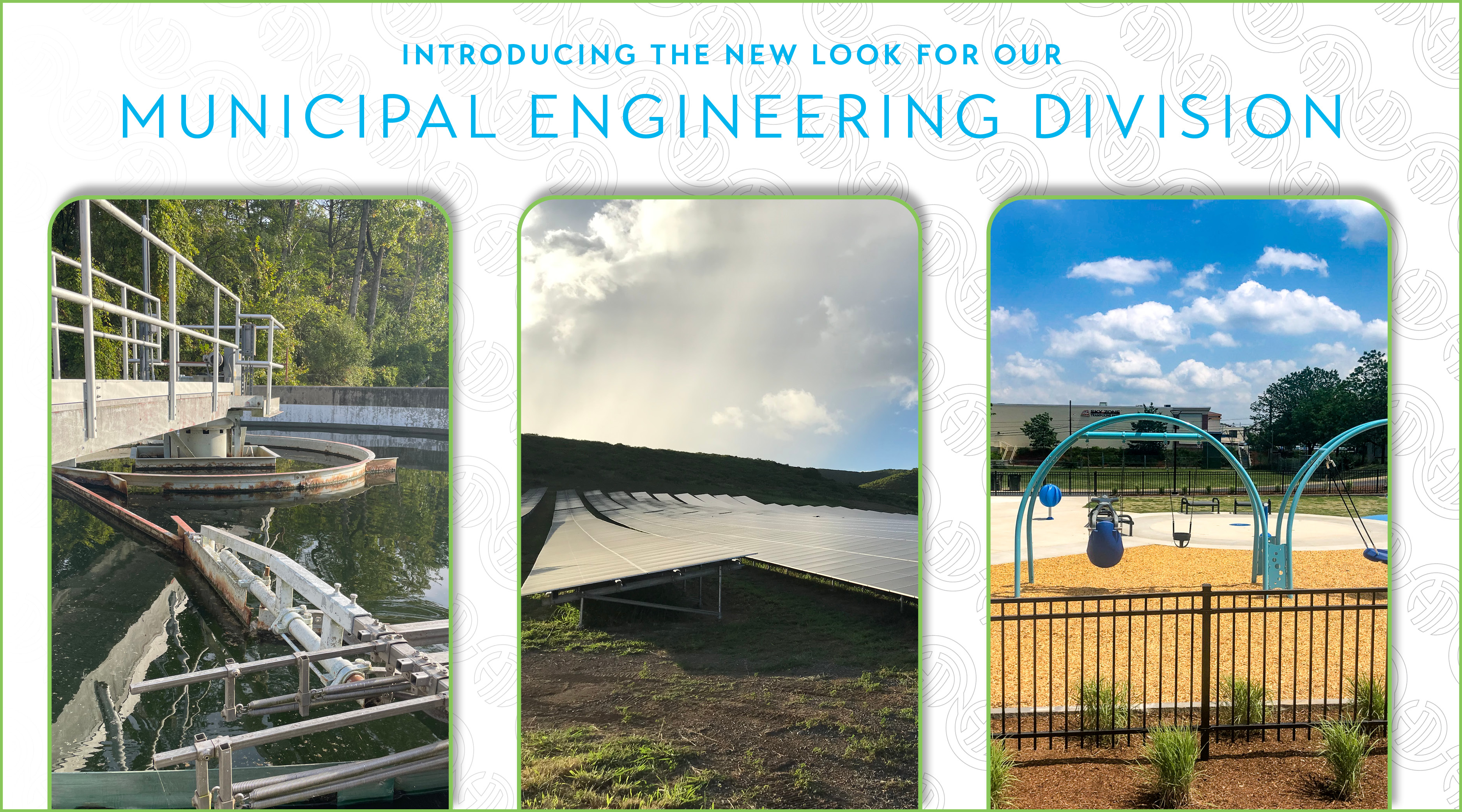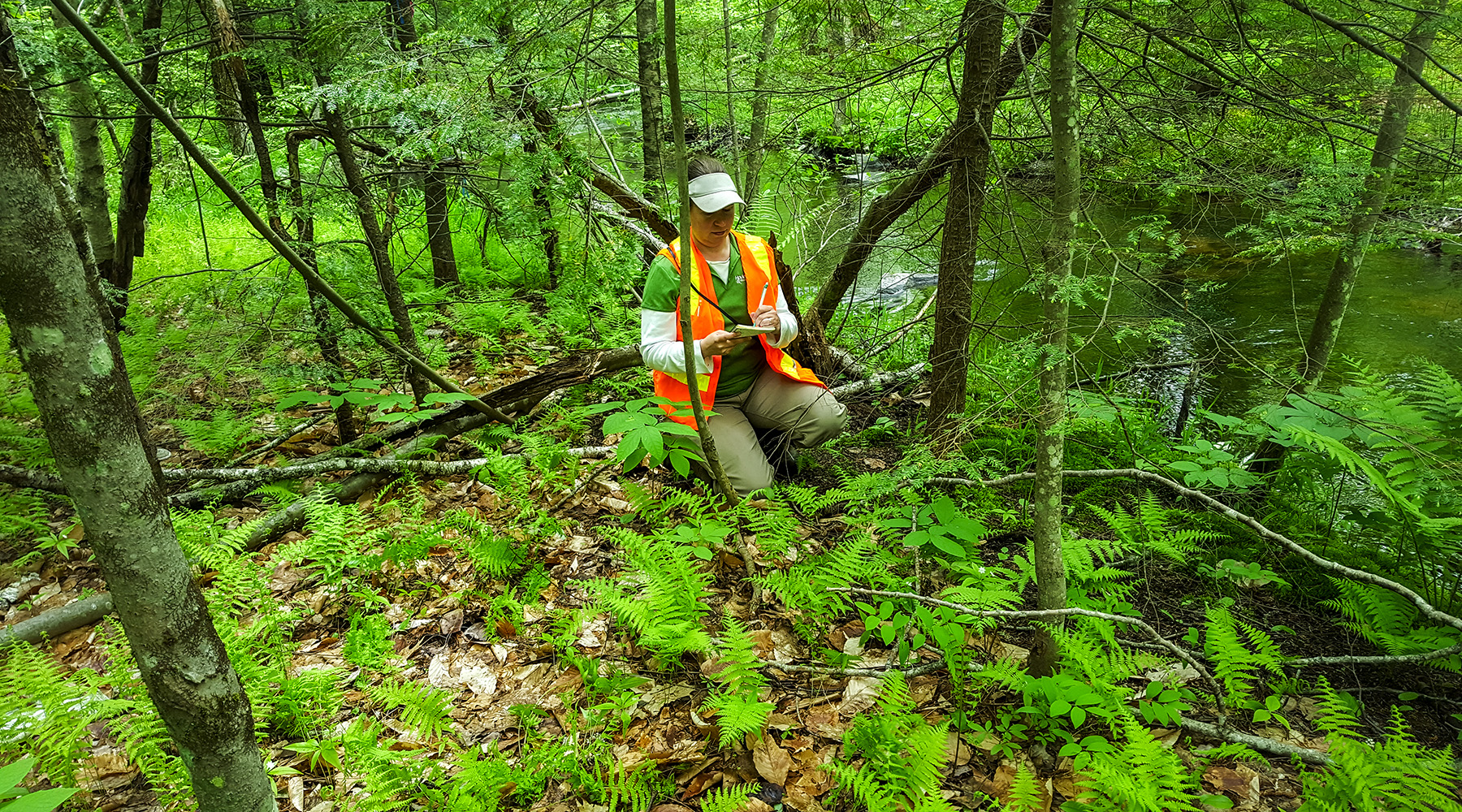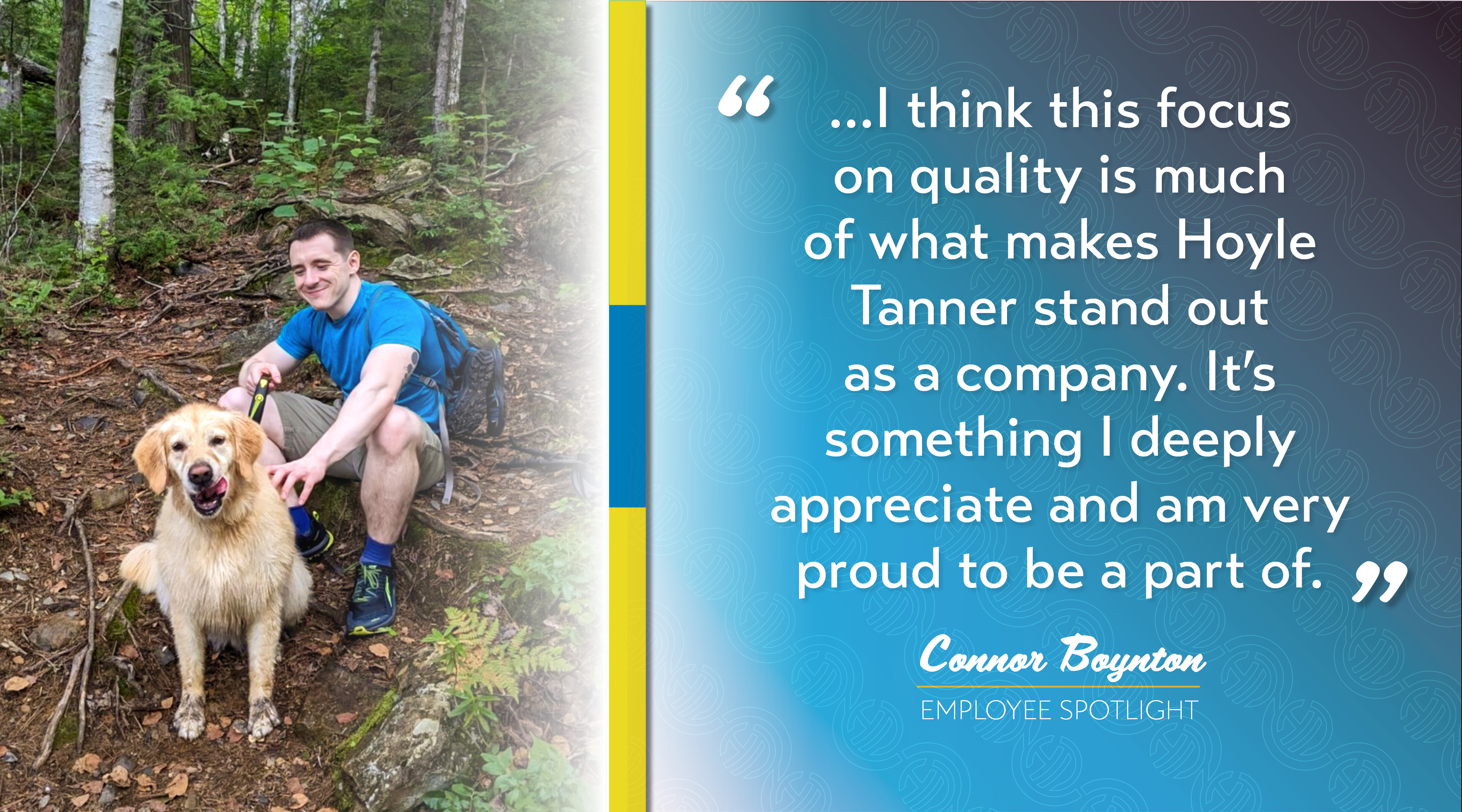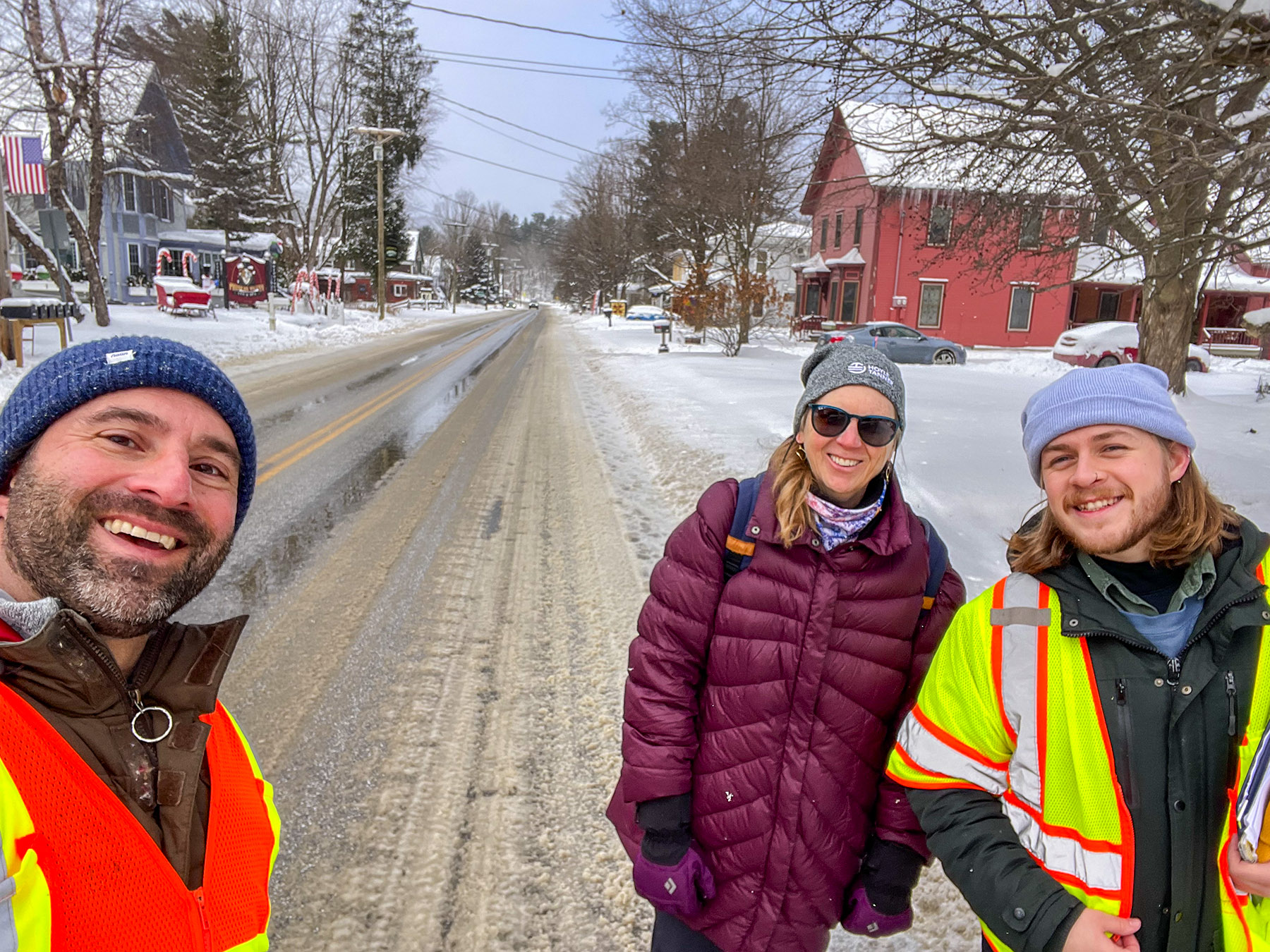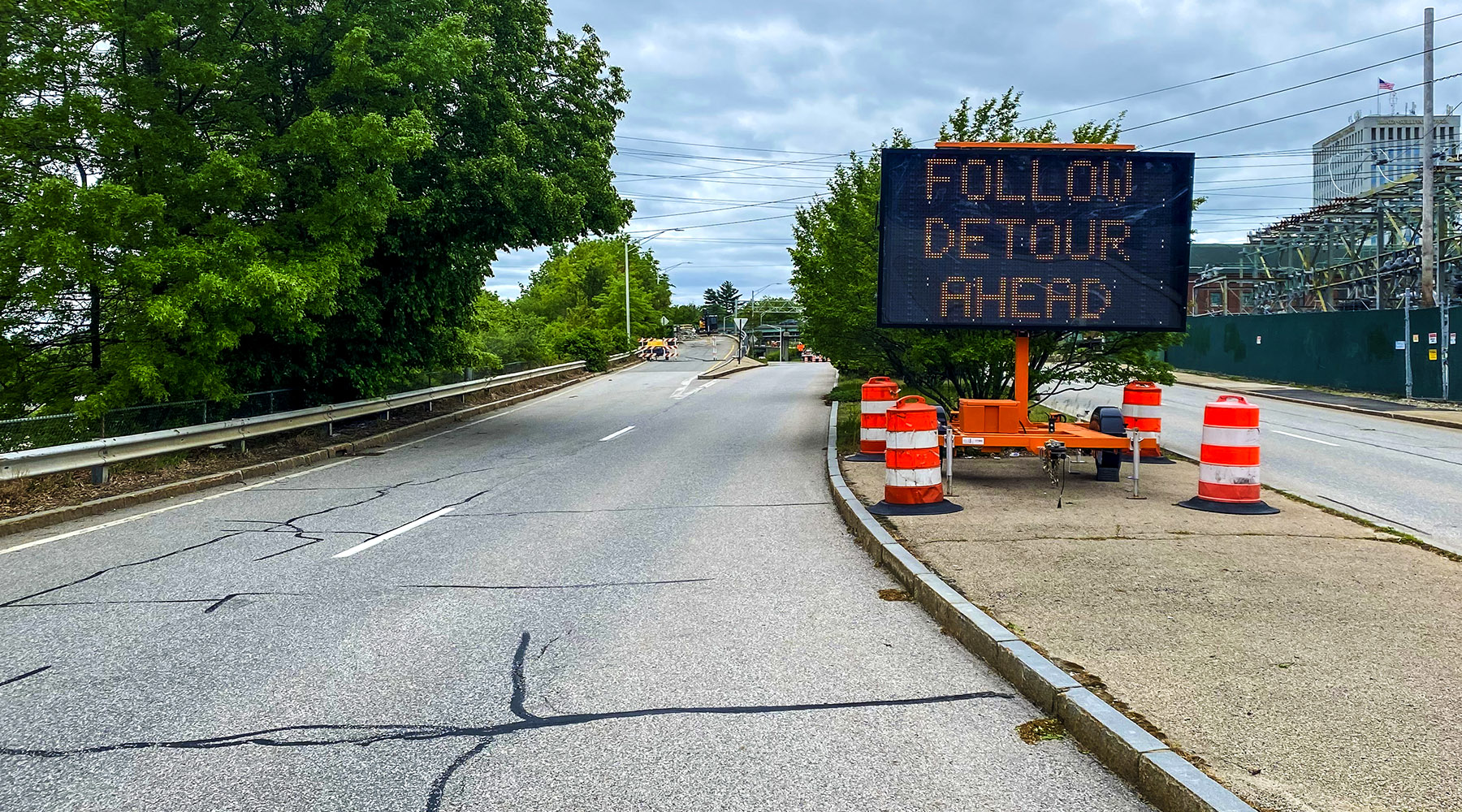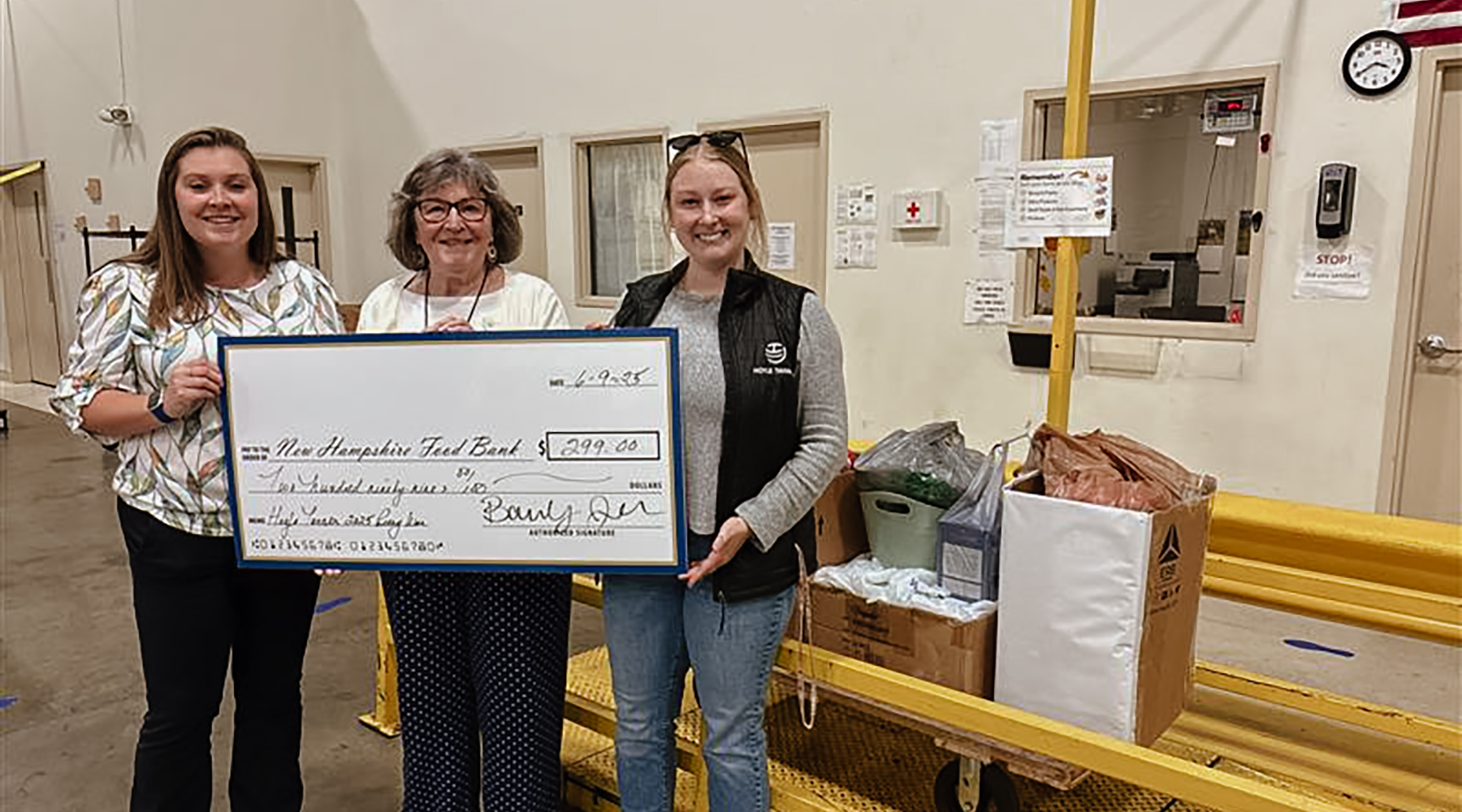It’s that time of year when leaves fall from the trees and start to pile up all over the yard that you so lovingly mowed, watered and tended all summer. For some, this is a problem that must be tackled. For others, like my spouse who love to spend a pretty fall afternoon raking leaves, it is a hobby. And I have certainly been instructed that you cannot, under any circumstances, leave the leaves on the yard or the grass will die and you will have a messy yard come spring when the snow melts, and nobody wants to rake the wet leaves in the spring!
Whether this is your idea of a fun fall activity or not, there are a few items to consider:
- What do you do with the leaves and yard debris?
- Is this really the best idea for the wildlife and micro-habitat of your yard?
The Best Option
The best option to dealing with leaves, sticks and grass clippings is to allow them to decompose on their own in either a compost area or simply piled in a separate corner of your property. Nitrogen-rich leaves are a highly nutritious additive to any compost pile and can break down into rich organic matter with very little tending. Somehow composting has gotten a bit of a bad rap for being time consuming if you “do it right” but not all forms of composting require special equipment or tons of time. If you allot a specific area of your yard for composting, then a fence can be a helpful tool to keep out critters if you add garden or food waste to the pile. Then, if you pile up leaves and yard waste and leave it for the winter, it will eventually break down on its own. It wouldn’t require you to turn it, water it, or tend to it — just let it sit someplace quietly and it will do its thing!
Alternatives
But this is not always an option for those who live on smaller or more developed lots. My next suggestion is to check with your municipality to see if the transfer station or landfill has a yard waste drop-off option; sometimes there is a space allocated for depositing yard waste within the Town-owned lands. Some towns turn this yard waste into mulch and compost that is either used for town gardens and landscaping or is offered free to residents for use in their own gardens and landscaping. Some towns also offer bags, either for free or a small fee, for leaves and yard debris, or will accept bags that can be purchased at a store that are specific to these items, which are then picked up along with your weekly garbage and recycling. This saves you the time and effort in driving someplace. An additional benefit is that the waste doesn’t enter the landfill and because the transfer station doesn’t have to process it, it saves costs for the town. Sometimes the bags are emptied and processed as mulch or compost at an appropriate town area. . Other towns have leaf collection days where leaves piled at the curb are sucked into a large vacuum truck, and again, appropriately dealt with in a manner that ensures this material does not end up in a landfill. These are all win-win options!
Dos & Don’ts
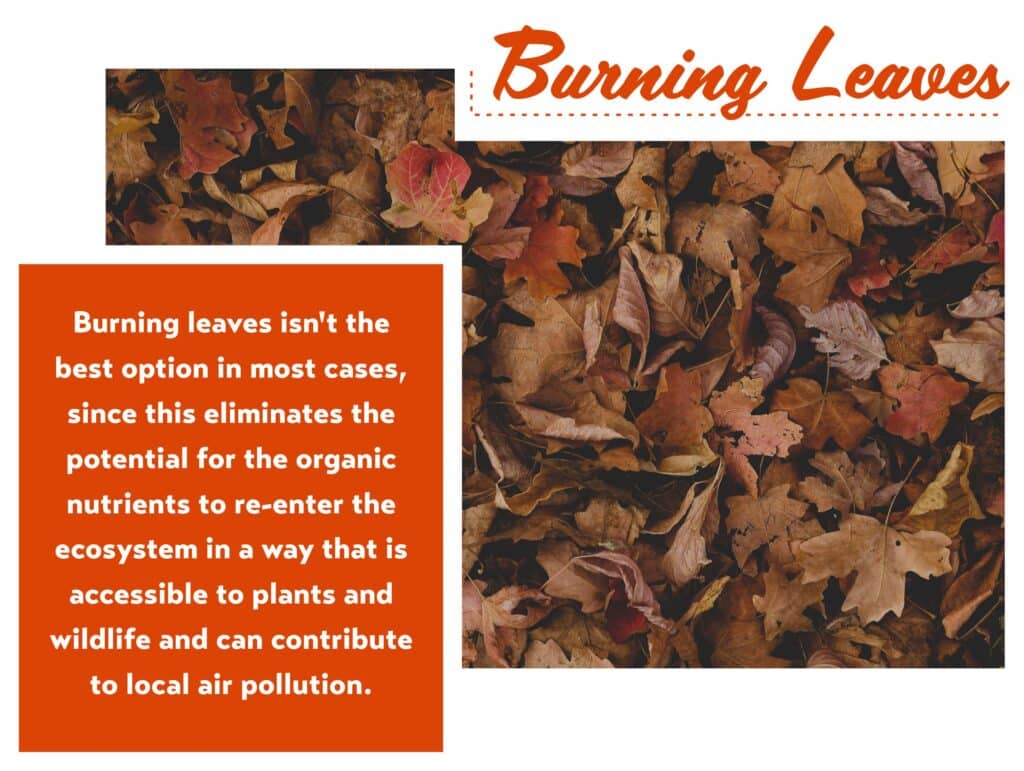
Burning leaves isn’t the best option in most cases, since this eliminates the potential for the organic nutrients to re-enter the ecosystem in a way that is accessible to plants and wildlife and can contribute to local air pollution. On dry days, untended fires are a safety hazard and can spread quickly and have unwanted consequences. Some plants contain irritants that can be spread in the air when burned, such as poison ivy, poison oak, or poison sumac; inhaling smoke from burning these plants can cause severe allergic respiratory problems and exposure to the smoke on your skin can cause a rash as well. If you feel that this is your best option, be sure to pay attention to the fire when there is any smoke still coming from the pile, keep a source of water available at all times and check with your municipality to make sure you do not need a permit or that there are not restrictions due to weather conditions such as drought or high winds.
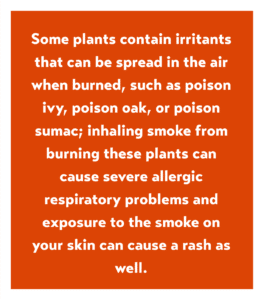 But finally, do you even NEED to rake the leaves? These are fighting words in my house and I have lost in my 26 years of marriage, so I can understand if you want to stop reading here. However, if you can handle a little messiness before it is all buried under snow, consider at least leaving the leaves and garden debris in your landscaped or garden areas – try not to rake those flower beds! Did you know that most butterflies and insects do not migrate seasonally, and even here in New England are actually hunkered down under some of that great dead leaf habitat to wait for warm spring days to re-emerge? And that by leaving the debris to cover your flower roots you are actually giving them an improvement and kick-start to their spring growth? Certain plants even need that extra layer of mulch, anything that overwinters like garlic or onions, or those early spring plants like snowdrops and crocuses, will be happier with a layer of mulched leaves covering them (and by mulched, really, you can just leave the leaves in a thin layer, no need to rake them off, mulch them and then add them back, but hey, you do you).
But finally, do you even NEED to rake the leaves? These are fighting words in my house and I have lost in my 26 years of marriage, so I can understand if you want to stop reading here. However, if you can handle a little messiness before it is all buried under snow, consider at least leaving the leaves and garden debris in your landscaped or garden areas – try not to rake those flower beds! Did you know that most butterflies and insects do not migrate seasonally, and even here in New England are actually hunkered down under some of that great dead leaf habitat to wait for warm spring days to re-emerge? And that by leaving the debris to cover your flower roots you are actually giving them an improvement and kick-start to their spring growth? Certain plants even need that extra layer of mulch, anything that overwinters like garlic or onions, or those early spring plants like snowdrops and crocuses, will be happier with a layer of mulched leaves covering them (and by mulched, really, you can just leave the leaves in a thin layer, no need to rake them off, mulch them and then add them back, but hey, you do you).
If you are a fan of wildlife, then you might want to know that toads, shrews, squirrels, moles and chipmunks also prefer a dense layer of leaves and debris for their winter homes. And some insects and wildlife deposit their eggs on or underneath leaves, so removing them will disrupt their life cycle and can even eliminate insects that would be beneficial to your yard and gardens.
Our environmental permitting/coordinating specialists are experts at considering how ecosystems large and small are affected by human development. While we work with our clients to address project-specific impacts at all levels, we want you to know how to care for the ecosystems that exists outside your front steps. The way we take care of nature (even our backyard) plays into a larger network of a healthy environment throughout the state and region. Have questions about our environmental resources? Reach out to me!

